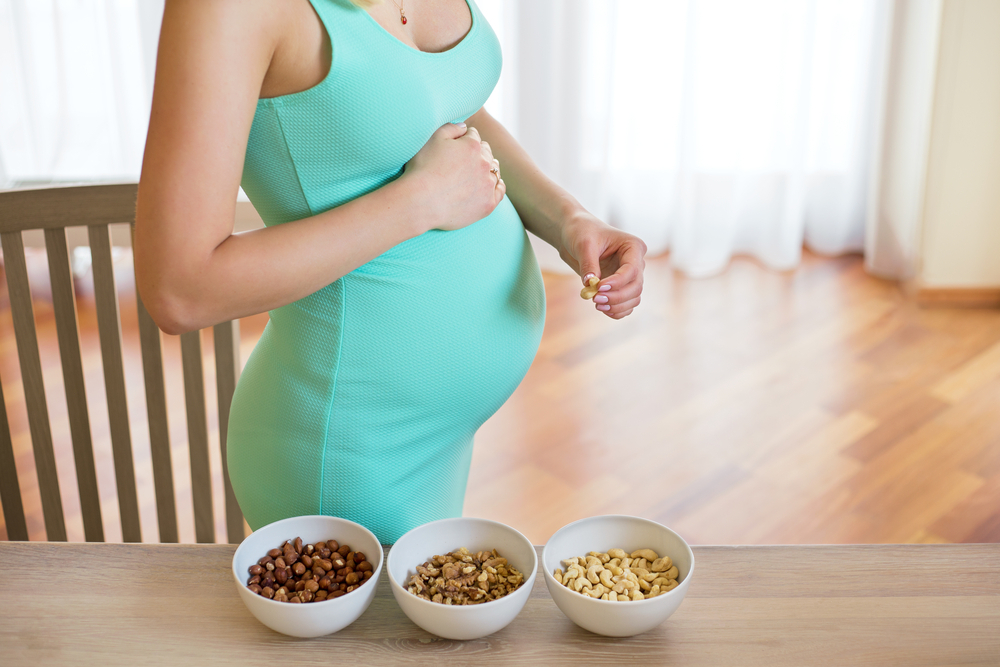Like other nutrients, your baby also meets his/her protein needs from you. Proteins; It is one of the most important nutritional requirements during pregnancy for bone development, muscle development and tissue building.
Adequate protein intake is important for new cell formation, mother’s tissues and healthy blood formation. Adequate protein consumption during pregnancy is important in terms of reducing the risk of stillbirth and birth defects.
Adequate protein intake by the mother lays the foundation for your baby’s growth and development. The average amount of protein to be taken during pregnancy is 80 g. is protein. The quality of the proteins taken is also very important.
Animal proteins such as meat, milk, eggs, cheese are proteins with higher bioavailability than vegetable proteins such as legumes, walnuts and hazelnuts, that is, their use as a building block in the body after consumption is higher. The mother should include these protein sources in a balanced way in her diet.
Since the bioavailability of vegetable proteins is lower, if the mother is vegetarian, the average amount of protein she should take daily is 20 g. should add more.
Essential Protein Sources
Animal Origin
Egg: It is the best quality protein source after breast milk, 1 egg contains an average of 6 g of protein and 95% of it is stored as body protein. Every pregnant woman should eat 1 a day of this high quality protein source.
Milk, yoghurt, cheese: There is an average of 6 g protein in 1 glass of whole and yoghurt, and 1 slice (30 g) of cheese. Although not as high as eggs, they are used as building blocks because they are protein of animal origin.
While pregnant women meet some of their protein needs by consuming milk, yogurt and cheese, they also contribute to the increased calcium need during pregnancy. 3 servings of milk/yogurt and 2-3 slices of cheese should be consumed per day.
Meat, chicken, fish: Meat from the group of animal origin proteins provides high quality protein and contributes to the increased iron need of pregnant women. Fish is also the main source of omega-3 fatty acids.
Omega-3 fatty acids play an important role in the development of the brain and nervous system of the fetus, and the necessary omega 3 is provided with fish consumption 2-3 days a week. Meat/chicken in the size of 4 meatballs or 200-250 grams of fish should be consumed daily.
Herbal Origin
Vegetable-derived proteins; It creates protein from legumes, oilseeds such as nuts, walnuts, almonds, bread and cereal products, and vegetables. Legumes are the best quality protein source among plant-based proteins.
Protein sources should be enriched by including legumes 2-3 times a week, 2-3 walnuts or 15-20 almonds/hazelnuts a day. Since the protein source provided by vegetarian mothers with nutrition is vegetable proteins and eggs, the amount and frequency of consumption should be higher.
Proteins to Consider
Due to the risk of containing mercury, the undesirable protein sources in pregnancy are tuna, mussels and swordfish. These foods should be avoided as a source of protein.

